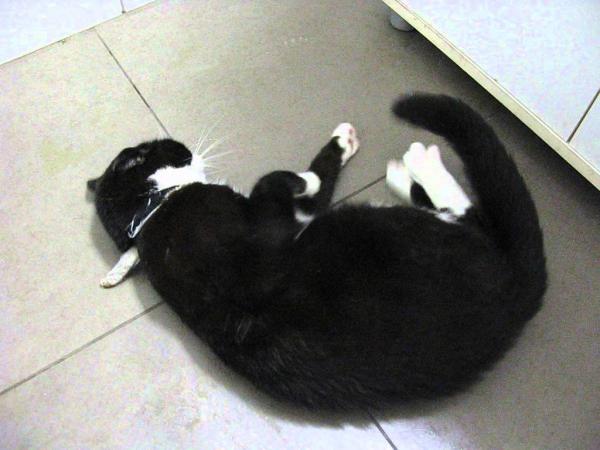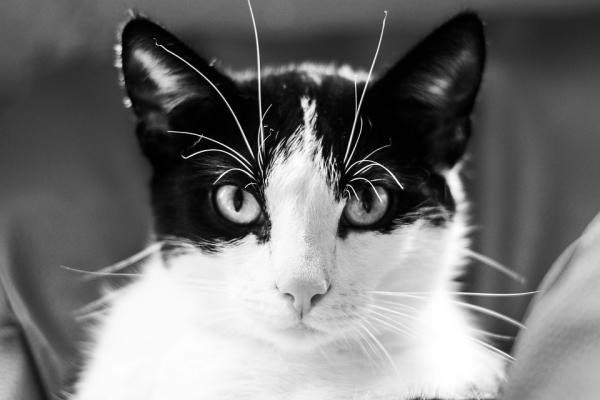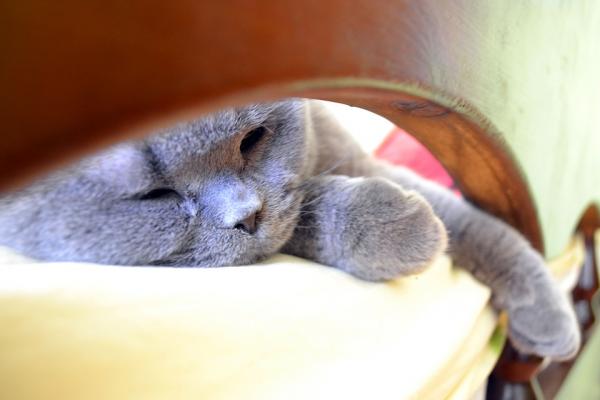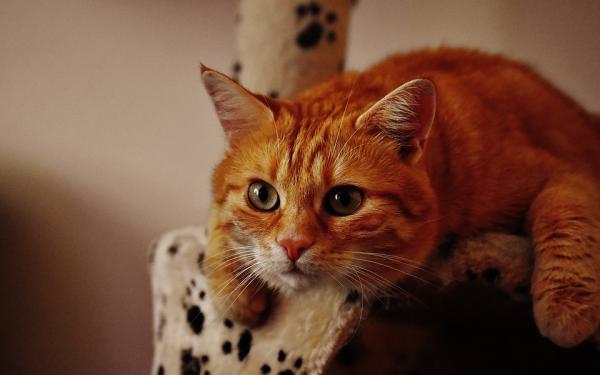Epilepsy in cats – Symptoms, treatment and care

Epilepsy is a disease that affects almost all living beings, including humans. It is a very frequent disorder, which makes it difficult for a normal life to suffer from it, since at any time can suffer an epileptic attack.
When this disease is diagnosed in a cat, we must be sure that in the environment that lives there is tranquility and above all, it is safe for him. For cat owners we must tell you that it is not as common as epilepsy in dogs, which is good news.
In this article we are going to tell you how to detect the Epilepsy in cats – Symptoms, treatments and care to be calm when it comes to living with this disease.
What are we talking about when we talk about epilepsy?
Epilepsy is a symptom of a neurological dysfunction fundamentally of the brain. The present symptom we are talking about are the seizures but they may also be present in diseases other than epilepsy.
They can be caused by different reasons, among which we find the hereditary, which are known as idiopathic causes or, for a disorder. Within the latter we have since a fall with a head injury (in cats it is difficult to notice) to infectious causes.
The causes will be determined, in the manner possible by the veterinarian at the head of the animal. We’ll talk about it later.

Symptoms to be alert
If you think your cat may be suffering from epilepsy, consider the following symptoms to determine if it really is about this disease:
- Spontaneous seizures
- Muscle stiffness
- Loss of balance
- Difficulty eating and drinking
- Dificulty to walk
- Hyperactivity
- Hyperventilation (generally before an attack)
- Nervousness
Diagnosis and Treatment of epilepsy in cats
While there is a lower percentage in cats than in dogs, there are some pure breeds with greater predisposition and the first years of life are crucial for our little feline. As we discussed earlier in the introduction of the disease may be due to different causes but if you detect that your cat has one or more of the symptoms listed you should go to the vet for a diagnosis as soon as possible.
Diagnosis
The professional who attends our cat will take into account the weight, age and type of epilepsy and will try to help to reach the diagnosis of blood and urine tests, radiographs and to encephalograms.
Treatment
The chosen treatment will be according to all the results that were obtained as a result of the tests. We will name the possibilities to evaluate:
- Allopathy or traditional medicine: there are drugs of short and long duration that will be regulated by the veterinarian according to each animal.
- Homeopathy: is a very effective therapy when trying to stabilize the animal and provide the best quality of life in a disease that has no cure, only modulation over time.
- Bach flowers: help the animal in a more natural but not holistic. It can be combined with other therapies named here.
- Reiki: will help the animal to better connect with the environment and its inner peace. It is very useful in pets where the number of seizures is increasing and drugs do not have the desired effect.
But as we always say, we can ask the veterinarian for other therapies, but the one that will decide will be the professional who has the scientific knowledge of the clinical case.

Care for a cat with epilepsy
First of all we must provide a safe environment and full of pampering at home. Minimize situations that may cause stress, as it can trigger an attack. It is known that it is not an easy life, but a cat with this disease can have a life expectancy of 20 years if we know how to take care of it.
At home try avoid open windows, stairs or ledges without our supervision or, place networks in places that present danger. Remove objects from their territory of food, sandpit and rest that may generate problems in the face of an attack.

What NOT to do in the face of a seizure
- Holding his head (we can fracture the neck)
- Give him to drink, eat or medication at that time
- Cover it with a blanket or heat it (it can suffocate)
This article is merely informative, in .com we do not have the faculty to prescribe veterinary treatments or make any kind of diagnosis. We invite you to take your pet to the veterinarian in case of any type of condition or discomfort.
If you want to read more articles similar to Epilepsy in cats – Symptoms, treatment and care, we recommend that you enter in our section of mental problems.


